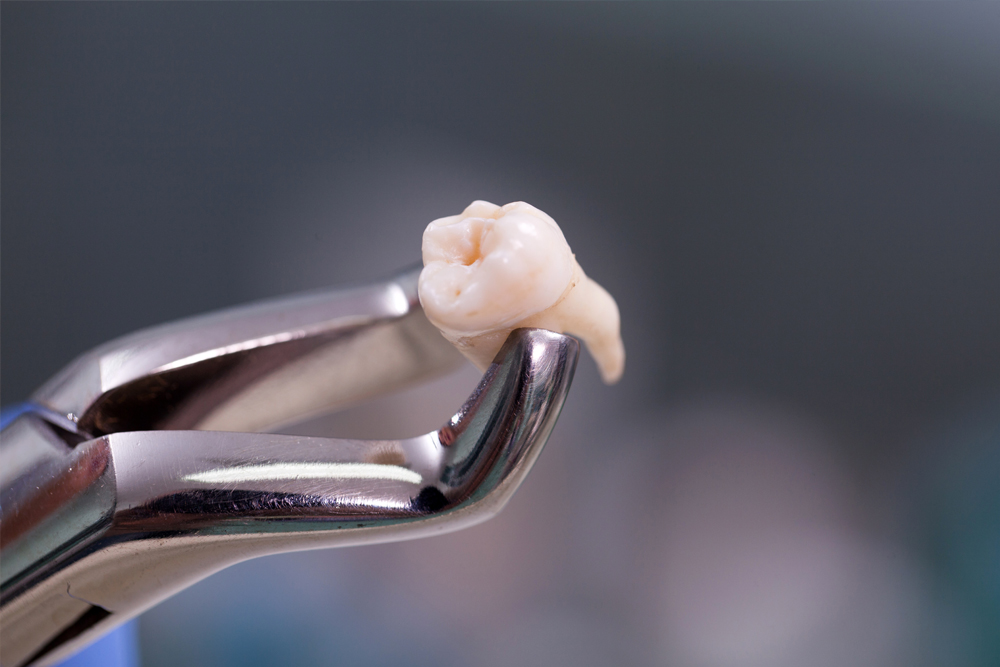

Extraction
Sometimes, dentists can recommend certain types of treatments to patients without necessarily taking the time to explain why the treatment is required. This is especially important with people who suffer from dental phobia, as a broader explanation of the treatment involved can often help to put them more at ease.
This fact sheet is designed to give you a quick overview of the tooth extractions. It may answer a few of your questions. Much more importantly, however, it should arm you with the knowledge to be able to quiz your dentist, ask the right questions and get a clearer picture of what your future treatment may involve.
Why would I need a tooth extraction?
Essentially, there are three types of scenarios in which a tooth may require extraction.
Firstly, if the tooth is, plain and simply, beyond repair. This could mean that the tooth has suffered from serious decay or if it has been broken. Alternatively, it could be the gums around the tooth that have deteriorated, so that even if the tooth is repaired, the gums or bone around the tooth are not of the required quality to maintain a healthy tooth.
Secondly, teeth may not to be extracted if they are crooked. For example, wisdom teeth that develop later in life can often grow crookedly as they try to push past existing teeth. These crooked teeth can often be difficult to clean and can cause problems with biting and chewing, so dentists sometimes choose to extract them.
Finally, orthodontic treatment may involve extractions. The aim of orthodontic work is to realign and straighten teeth, so sometimes teeth will need to removed to create the space for the remaining teeth to grow into shape.
What is the extraction procedure like?
The procedure depends upon the type of tooth that needs to be extracted. The majority of extractions are done by dentists within the practice environment. Patients are given a local anaesthetic to ease the pain while the tooth is loosened and removed.
More complicated extractions may require an oral surgeon rather than a dentist. This will usually include some types of wisdom teeth where the gum need to be cut away for the tooth to be removed.
What are the alternatives to tooth extraction?
Normally, extraction of teeth is a last resort because it can lead to additional complications. For example, once a tooth is removed, the other teeth will shift to compensate for the missing tooth. This can cause problems with oral health and hygiene.
Therefore, most dentists will endeavour to avoid extractions unless there is no other alternative available. If you are concerned about leaving unsightly gaps in your mouth when your teeth are removed, talk to your dentist about the different types of false teeth available. Many dentists will recommend an implant when you have had a tooth extracted anyway, as it will fill the gap and stop the remaining teeth from moving.
What questions should I ask my dentist?
If you are nervous about having your tooth extracted, it is important to express your concerns to your dentist. Most dentists are comfortable dealing with nervous patients. They can talk to you in more detail about how complex your extraction is, what sorts of anti-anxiety treatments they can use, or whether you could be sedated.

